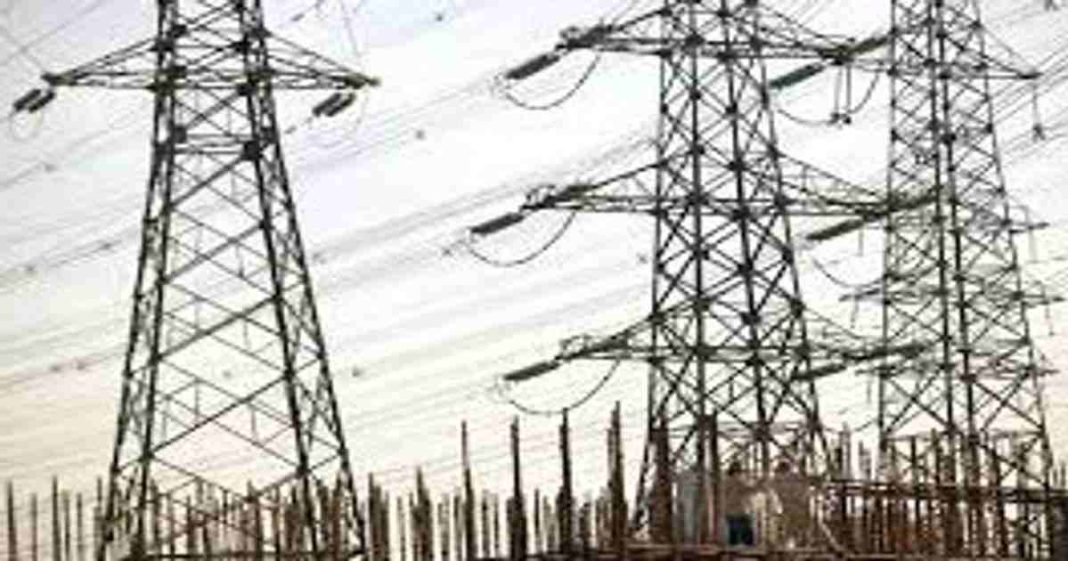Pakistan’s Power Ministry, under the leadership of Minister Awais Ahmad Khan Leghari, is set to announce tariff relief in the coming weeks. Leghari revealed that the government has concluded its review of Independent Power Producers (IPPs) and state-owned power plants, signaling a positive shift for consumers burdened by high electricity costs. The task force, which includes various government bodies, completed a detailed analysis of return on equity (RoE), operation and maintenance (O&M) costs, and investment technologies. This review was conducted with full cooperation from IPPs, ensuring a fair and transparent process.
Senator Mohsin Aziz, chairman of the Senate Standing Committee on Power, reiterated the need for mutual agreements in the renegotiations, noting that consumers were facing some of the highest electricity tariffs in the region. The Power Division recently offered a Rs2.65 relief in September bills, benefiting those using up to 300 units, reflecting the government’s efforts to ease the public’s financial strain.
Addressing Public Concerns and Overbilling
During a committee meeting, Senator Palwasha Muhammad Zai Khan voiced concerns over overbilling and electricity theft. She highlighted her personal experience of visiting power offices 28 times due to incorrect meter readings, a story that resonated with many Pakistanis facing similar issues. Leghari responded by assuring that new customer care centers are being established to resolve complaints efficiently, with a helpline system—modeled after the 1122 service—rolling out next week.
Read More: India Spreads False Claims About ICC Delegation’s Visit to Pakistan
While addressing public grievances, Leghari also emphasized that simply transferring employees responsible for overbilling is not a permanent solution. Instead, the ministry is focused on reforming the system to ensure long-lasting improvements in customer service. The committee aims to involve the Federal Investigation Agency (FIA) to crack down on electricity theft and overbilling.
Clarifying Bagasse Tariffs and IPP Contracts
One major point of contention raised by Senator Mohsin Aziz concerned the unregulated pricing of bagasse for power generation. Despite significant contributions from Pakistan’s eight bagasse-based IPPs, the absence of a regulated price has led to exploitation by the “sugar mafia.” The committee has urged the Power Division to re-evaluate bagasse pricing and address discrepancies in feeder data to ensure greater transparency.
With bagasse-based IPPs operating under long-term agreements expiring between 2044 and 2049, the need for revised contracts has become even more crucial. A comprehensive report on load-shedding and electricity distribution is expected to follow these discussions, as the government seeks to modernize its power infrastructure and reduce inefficiencies.
Looking Ahead: A Positive Future for Consumers
As Pakistan navigates economic challenges and high inflation, the government’s actions in the power sector offer a glimmer of hope for relief. Leghari’s reassurances that the renegotiated IPP contracts will be announced soon, combined with improvements in customer care and potential tariff reductions, indicate a more consumer-friendly approach in the near future.














